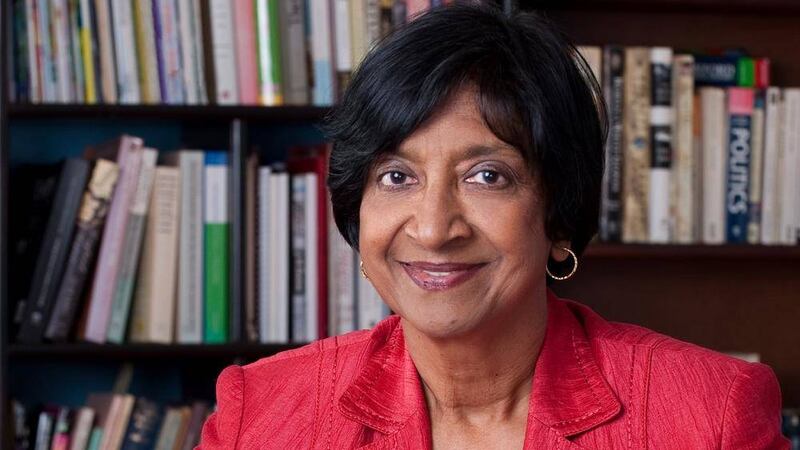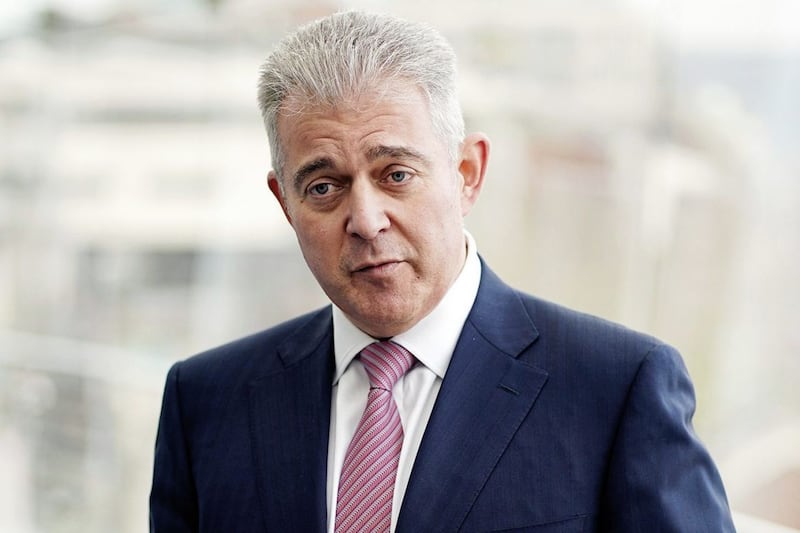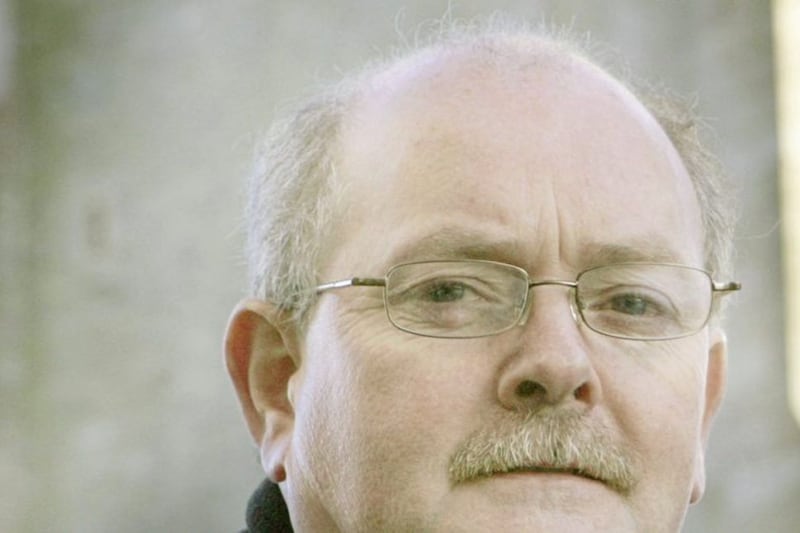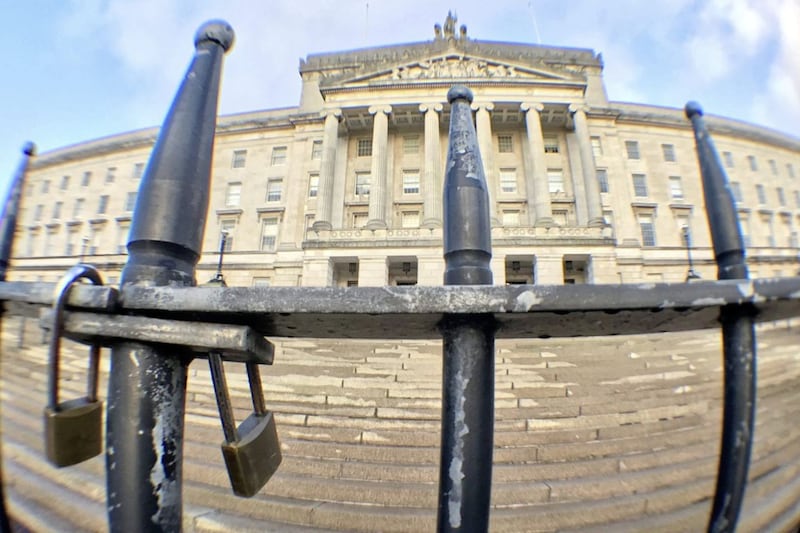JUSTICE minister David Ford's plans to slash legal aid will "dismay" the world, a former UN human rights commissioner has said.
Navi Pillay said while every country is "wrestling" with the issue of how to fund access to justice, "I have not come across a country that wants to cut down the little they are providing".
"That will dismay people," she told the Irish News.
Ms Pillay is the first high-profile international figure to challenge the Department of Justice's controversial plans to cut fees in an effort to find millions of pounds in savings.
She was the first woman from South Africa's non-white minority to set up her own law practice and, in 1973, won the right for political prisoners on Robben Island, including Nelson Mandela, to have access to lawyers.
Mr Mandela nominated Pillay as the first non-white woman to serve on the High Court of South Africa and she was president of the International Criminal Tribunal for Rwanda.
From 2008 until 2014, she was High Commissioner at the United Nations.
During a visit to Belfast, she warned that the poorest and most vulnerable in society will suffer from legal aid cuts, adding that "access to justice is a human right".
The former judge said countries which operate with a pool of state defence lawyers often find questions raised over the quality of this representation, while the wealthy secure the services of the cream of the profession.
"Does Northern Ireland want to be a society where only the rich can afford justice?" she said.
"It was one of the first things Nelson Mandela saw to, that there was legal aid so poor people can have access to justice."
Ms Pillay's intervention echoes concerns voiced by lawyers in the north, who claim cutting back on legal aid risks ushering in a two-tier justice system.
Mr Ford has been at loggerheads with the legal profession since he revealed plans to slash the civil legal aid budget by up to £20m each year.
Proposed changes would only permit one fixed legal aid fee for parents to fight cases through the family courts, while the current system allows multiple applications if needed.
The largest law firm in Northern Ireland, Kevin Winters & Company, has withdrawn from all major criminal cases in a protest against new rules reducing the level of legal aid payments and barristers have withdrawn from all new criminal cases requiring legal aid.
Solicitors and barristers have also joined together to seek a judicial review of the changes which will be heard in September.
Mr Ford argues that the north continues to spend more on legal aid per head than England or Wales and says he is facing budgetary pressures "of over £20 million".








